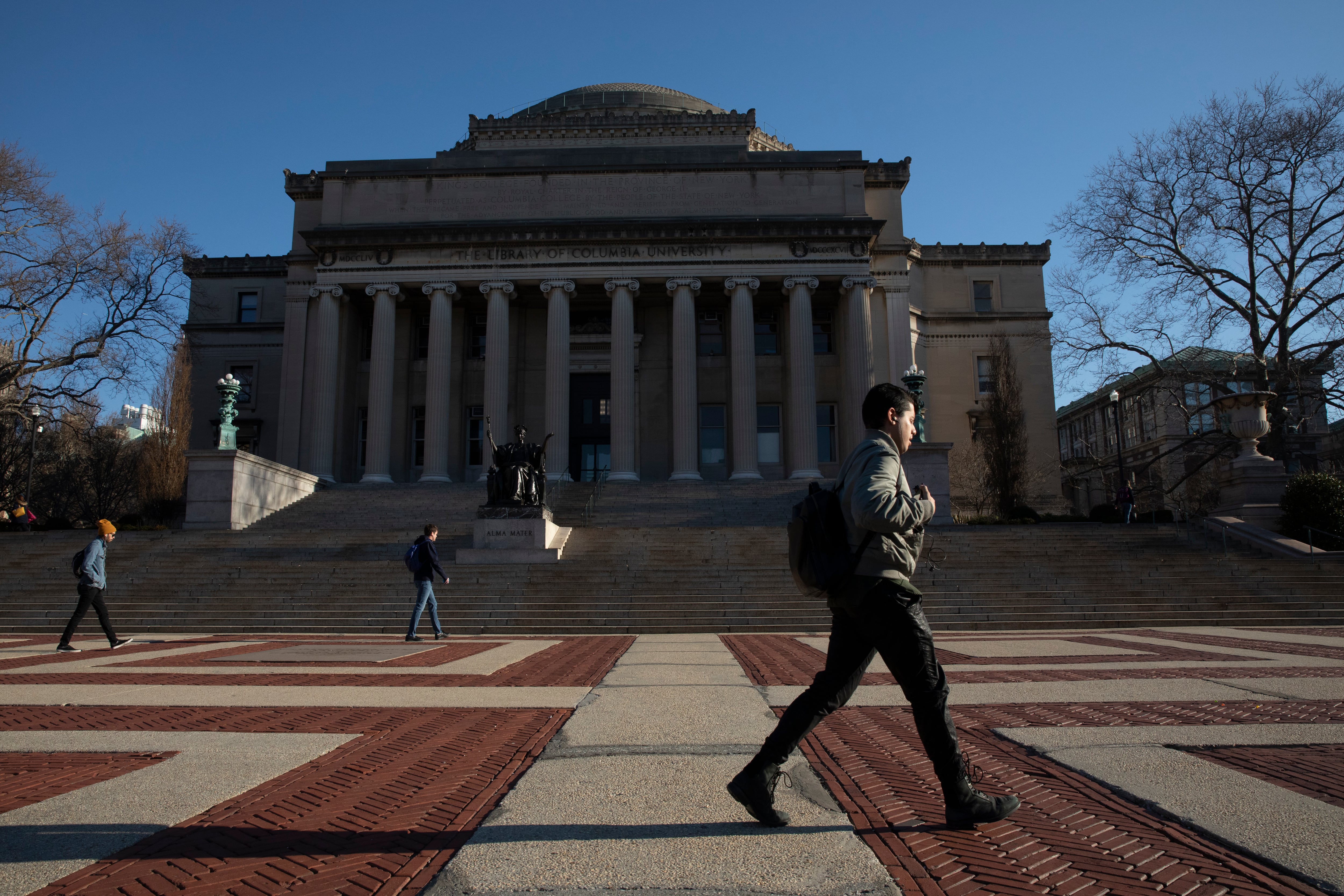They had it all figured out: How to go to college while managing a pay cut, living off GI Bill benefits, and maybe taking a part-time job to support their families.
But it all began to go awry for many student veterans in the spring of 2020, thanks to the COVID-19 pandemic. The part-time job wasn’t available anymore, and the kids couldn’t go to school. All college courses moved online, threatening the housing allowance and future tuition payments. The bills piled up, and there was nowhere to go for the peace and quiet needed to study. Hard decisions had to be made about whether to continue to pursue their degrees, and anxiety mounted.
COVID-19 wreaked havoc on veterans pursuing college degrees as well as the institutions educating them. While the end of the pandemic seems imminent, now is the time to double down our support, both for the veterans themselves and for the institutions that educate them – as many schools face budget crises and across-the-board cuts in programs, including those serving veterans. It is imperative that decision makers at institutions of higher learning understand the challenges facing the student veteran community to manage the support and services veterans need as well as the hard decisions that the institutions face after a year of financial upheaval.
Student veterans are typically nontraditional students – more likely to have families, more likely to be the first in their families to go to college, and more likely to have additional responsibilities outside the classroom. They come with a spirit of resilience, a dedication to their studies, and leadership skills that were honed during their military service. But the unique characteristics and attributes of student veterans also raise distinct challenges to academic success which require institutions to create and integrate appropriate services for them.
It’s clear that the pandemic has taken a huge toll on student veterans. Operation College Promise, a national policy, research, and education program, surveyed 235 student veterans about the pandemic’s effects and found 60 percent had increased financial challenges, 52 percent reported mental health problems, almost 40 percent noted declines in communication with school staff, and 35 percent experienced employment issues. Additionally, about 30 percent of the institutions questioned by Operation College Promise reported a budget decline likely to affect veteran- and military-support programs.
Effects like these don’t vanish overnight and may never reverse without a mindful and lasting dedication to provide support and services to those who have already given so much.
The George W. Bush Presidential Center’s Military Service Initiative convened a task force of experts on veterans and higher education to study the research on the effects of the pandemic and came up with these recommended solutions for institutions of higher learning:
First, provide flexible coursework and pathways to degree completion. Institutional decision makers should encourage the continuation of modified coursework and paths to degree completion for student veterans, even after the COVID-19 pandemic is over.
Second, develop and offer virtual/hybrid coursework that is high quality, equitable, and accessible for veterans. Institutions of higher learning should refine their virtual/hybrid coursework and develop standard measurement and quality evaluation processes with clear retention rate outcomes.
Third, continue funding veteran support programs. Schools should maintain their military support offices and student veteran programming, even in the face of budget cuts. Beyond any type of ethical imperative, it is in the business interest of the institutions of higher learning to do so.
While everyone is excited at the prospect of a return to normalcy, the effects of the pandemic year on the critical services that support student veterans – a population facing a unique set of challenges – will be felt for years to come.
Financial assistance, mental health care, academic assistance, and follow-on employment, specifically designed for the needs of the veteran community, are vital to keeping service members enrolled in degree-granting institutions and attaining their educational goals.
As we start to see the end of the pandemic in 2021, it’s time to regroup, reassess, and restore ways to meet the needs of the veteran community. While we recognize the many budgetary challenges that continue to impact higher education, supporting the veteran population is not only the right thing to do, but will reflect on the institutions as veterans continue to become leaders across the country.
Our actions, or inactions, right now have the potential to repay – in some small way – our debt to the veteran community. Let’s make them count.
Maj. Amy Bernard, USMC (Ret.) is the Senior Program Manager of Veteran Economic Opportunity at the George W. Bush Institute’s Military Service Initiative.
Wendy A. Lang is the Founder and Executive Director of Operation College Promise.




